Britain is getting wetter – so why are there hosepipe bans?
Met Office data shows we have enough water, the problems lie in timing
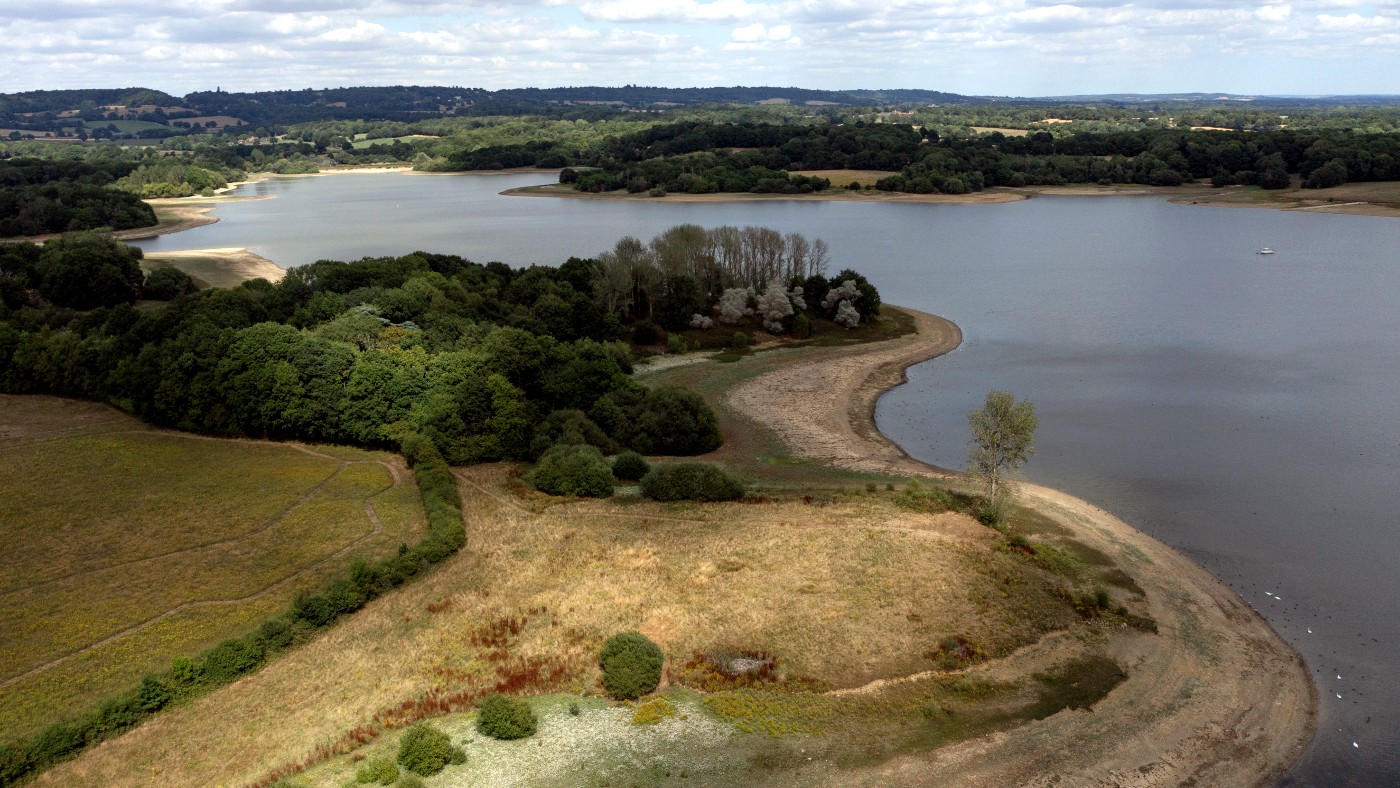
A free daily email with the biggest news stories of the day – and the best features from TheWeek.com
You are now subscribed
Your newsletter sign-up was successful
“If heatwaves are climate change’s swift and deadly invasion troops, then drought is its slow but crippling undercover agent,” said India Bourke in The New Statesman. Last month, England chalked up its hottest day on record; it was also its driest July since 1935. And with a new heatwave under way this week, an official drought declaration was predicted to be imminent. Rivers are “perilously low”; farmers are worried about a re-run of the 1976 drought, when crops failed and food prices rose by 12%, and a growing number of water companies have introduced hosepipe bans, or are planning to. Stand by for more brown lawns and empty swimming pools.
I’m confused, said David Frost in The Daily Telegraph. Why are consumers being urged to curb their demand, when surely the solution is to fix the supply? Met Office data shows that we have enough water: if anything the UK is getting wetter. The problems lie in timing – we get more rain in winter but less in summer; and locality – the south of England is drier. With investment in storage, distribution and conversion facilities these problems could be overcome; but we last built a reservoir 30 years ago, and the Thames Water desalination plant in east London (which turns salt water into fresh) is lying idle.
The water companies have much to answer for, said The Times. Customer bills have soared since privatisation, yet instead of investing in infrastructure and fixing pipes (a whopping 20% of the UK’s water supply is lost to leaks), the sector has paid out £72bn to private shareholders and piled £56bn of debt on its balance sheet.
The Week
Escape your echo chamber. Get the facts behind the news, plus analysis from multiple perspectives.

Sign up for The Week's Free Newsletters
From our morning news briefing to a weekly Good News Newsletter, get the best of The Week delivered directly to your inbox.
From our morning news briefing to a weekly Good News Newsletter, get the best of The Week delivered directly to your inbox.
If companies are to change their behaviour, they’re going to need clearer direction from government, said India Bourke. The directives to which they’re subject at present are contradictory: they’re told they must extract less water from rivers in the interests of conservation and reduce their carbon footprint; but at the same time they’re told to build new reservoirs and other infrastructure projects that use up huge amounts of energy. We consumers need more direction too – on installing aerated taps to improve efficiency, for example, or using butts to collect rainwater for use in the garden.
Yet to focus solely on domestic conservation and supply would be short-sighted, said Donnachadh McCarthy on The Independent. We should also look at water consumption by energy producers. Across Europe, energy production accounts for fully 44% of water usage. A switch to renewables would improve this, but the Government is planning to construct up to eight new “water-guzzling” nuclear plants. To run just one of them, Sizewell C, will require two million litres of portable water a day; but it lies in Suffolk, one of the driest parts of the country, and no one seems to have worked out where this water will come from. As water supplies “get increasingly stressed” and Britain gets increasingly parched, we’re all going to have to start changing our long-term thinking.
A free daily email with the biggest news stories of the day – and the best features from TheWeek.com
-
 How the FCC’s ‘equal time’ rule works
How the FCC’s ‘equal time’ rule worksIn the Spotlight The law is at the heart of the Colbert-CBS conflict
-
 What is the endgame in the DHS shutdown?
What is the endgame in the DHS shutdown?Today’s Big Question Democrats want to rein in ICE’s immigration crackdown
-
 ‘Poor time management isn’t just an inconvenience’
‘Poor time management isn’t just an inconvenience’Instant Opinion Opinion, comment and editorials of the day
-
 Why broken water companies are failing England and Wales
Why broken water companies are failing England and WalesThe Explainer With rising bills, deteriorating river health and a lack of investment, regulators face an uphill battle to stabilise the industry
-
 Can the UK take any more rain?
Can the UK take any more rain?Today’s Big Question An Atlantic jet stream is ‘stuck’ over British skies, leading to ‘biblical’ downpours and more than 40 consecutive days of rain in some areas
-
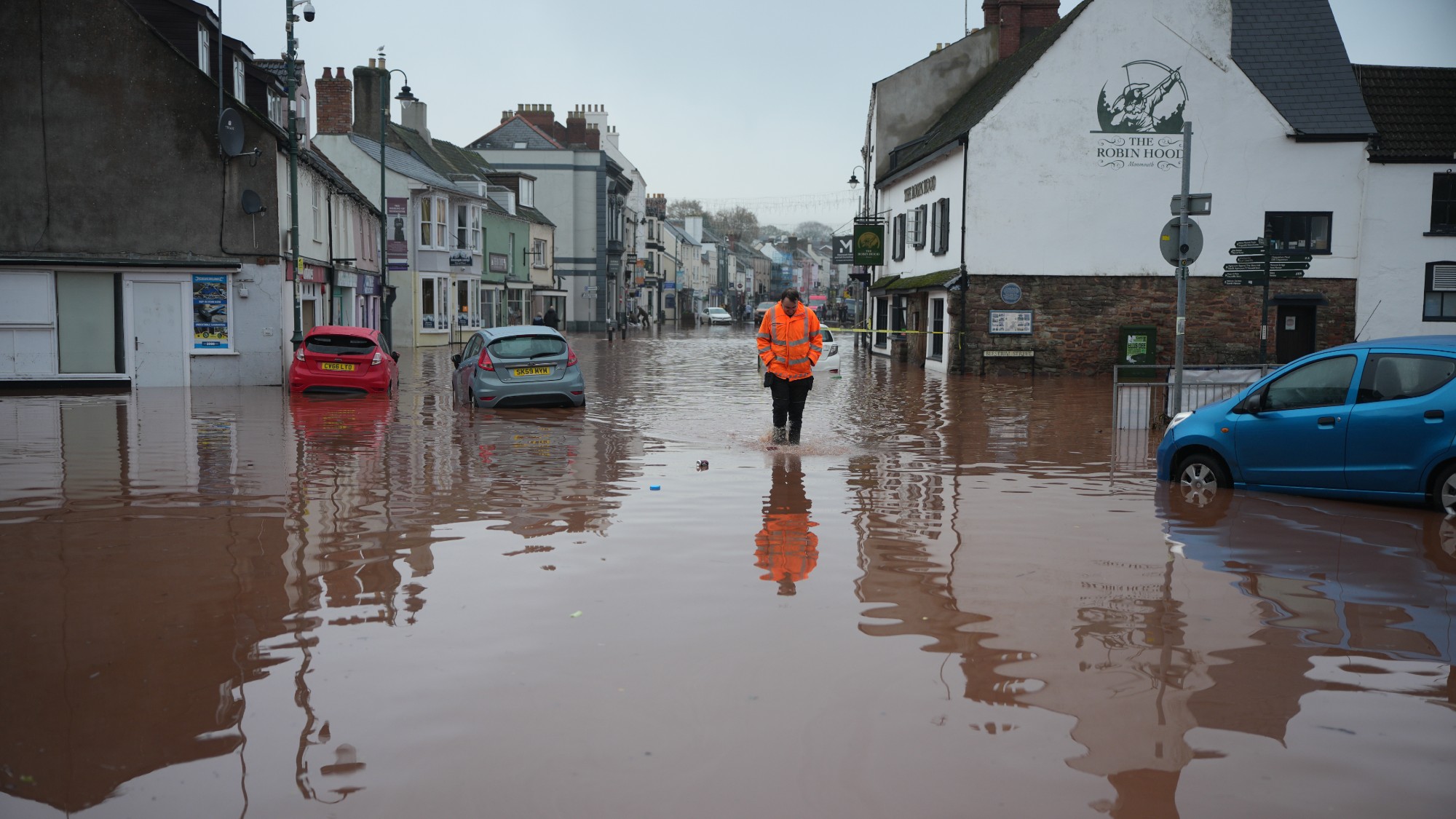 How will climate change affect the UK?
How will climate change affect the UK?The Explainer Met Office projections show the UK getting substantially warmer and wetter – with more extreme weather events
-
 Can the world adapt to climate change?
Can the world adapt to climate change?Today's Big Question As the world gets hotter, COP30 leaders consider resilience efforts
-
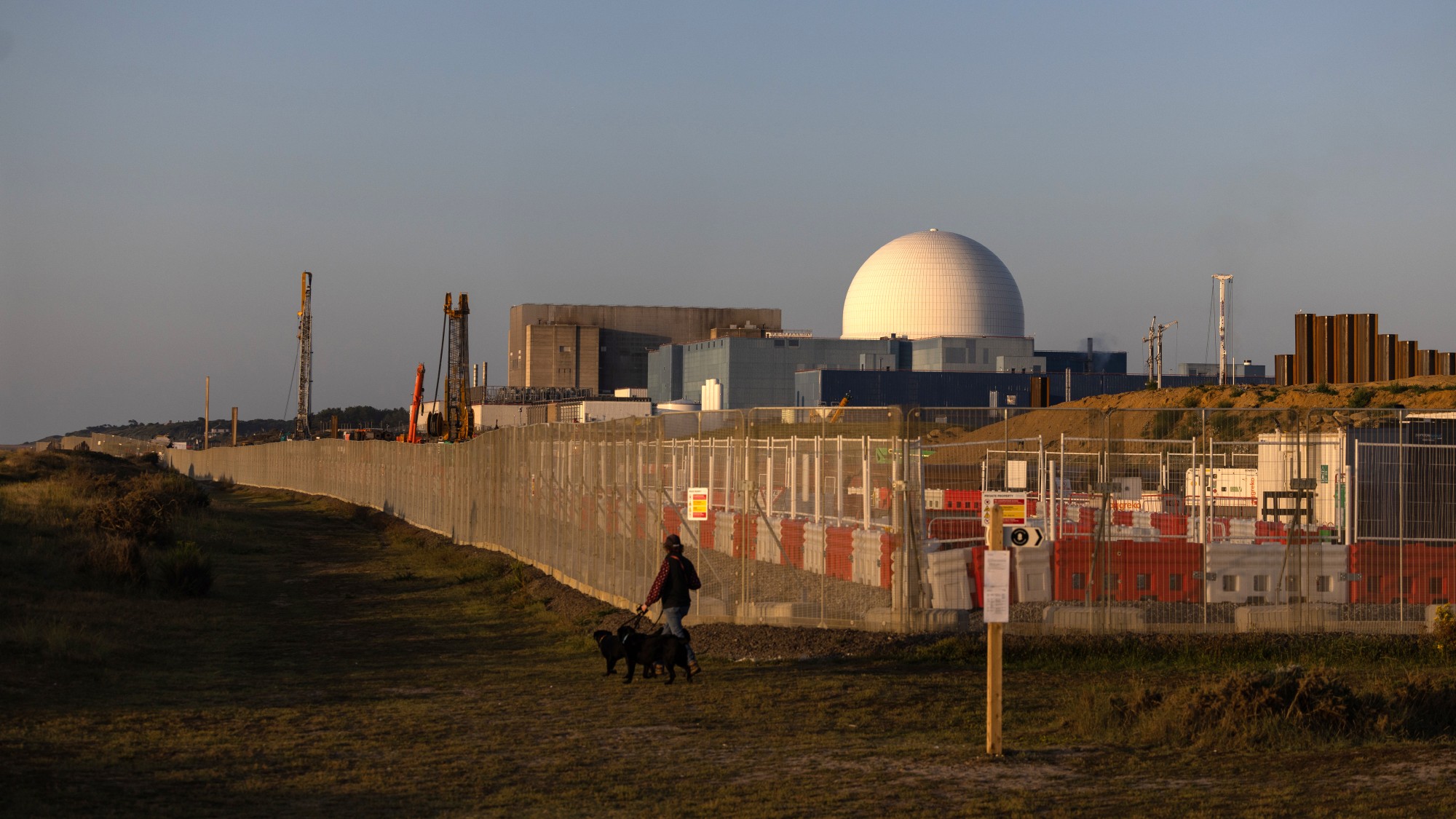 Are we entering a ‘golden age’ of nuclear power?
Are we entering a ‘golden age’ of nuclear power?The Explainer The government is promising to ‘fire up nuclear power’. Why, and how?
-
 When does autumn begin?
When does autumn begin?The Explainer The UK is experiencing a 'false autumn', as climate change shifts seasonal weather patterns
-
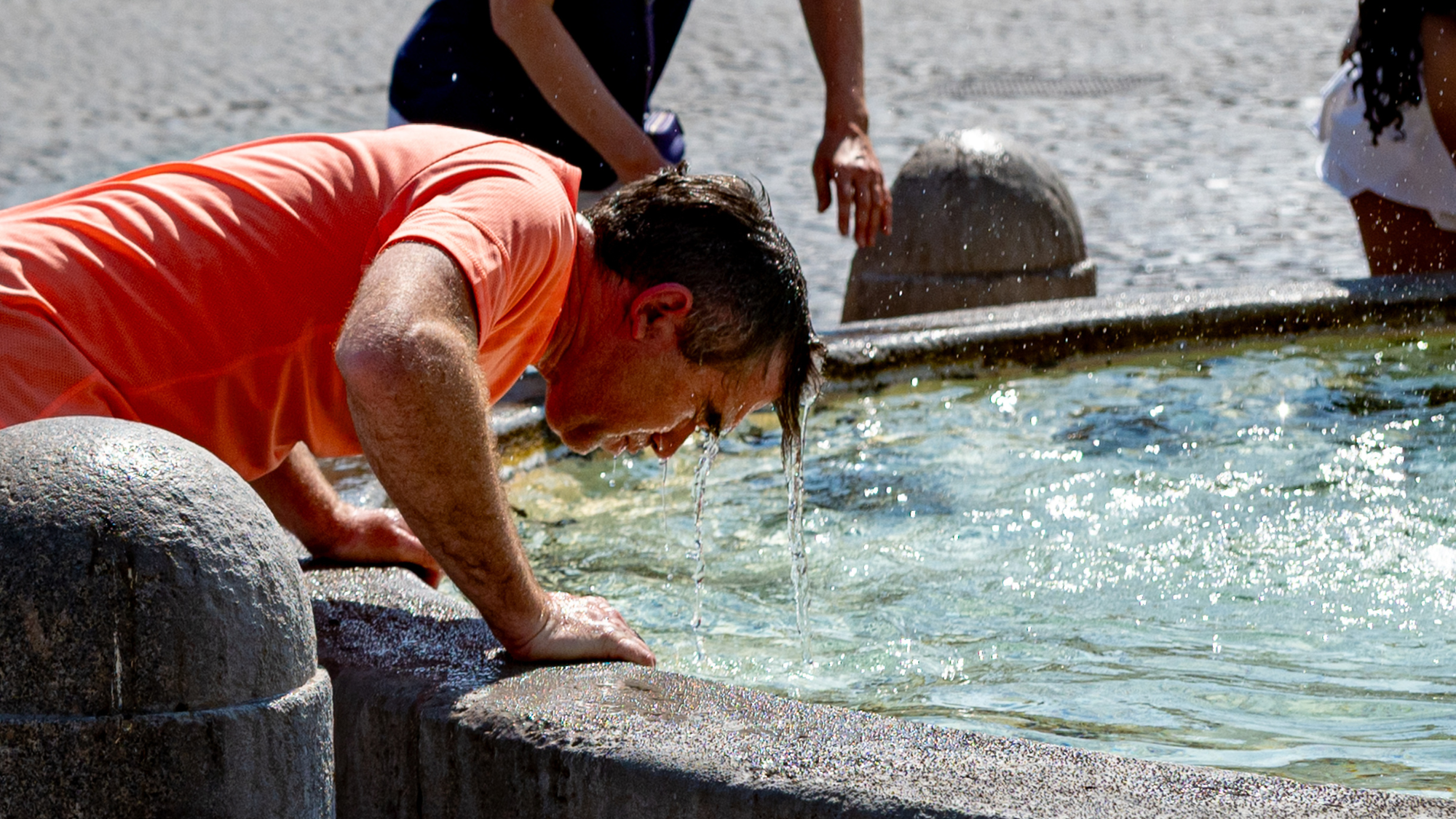 Europe's heatwave: the new front line of climate change
Europe's heatwave: the new front line of climate changeIn the Spotlight How will the continent adapt to 'bearing the brunt of climate change'?
-
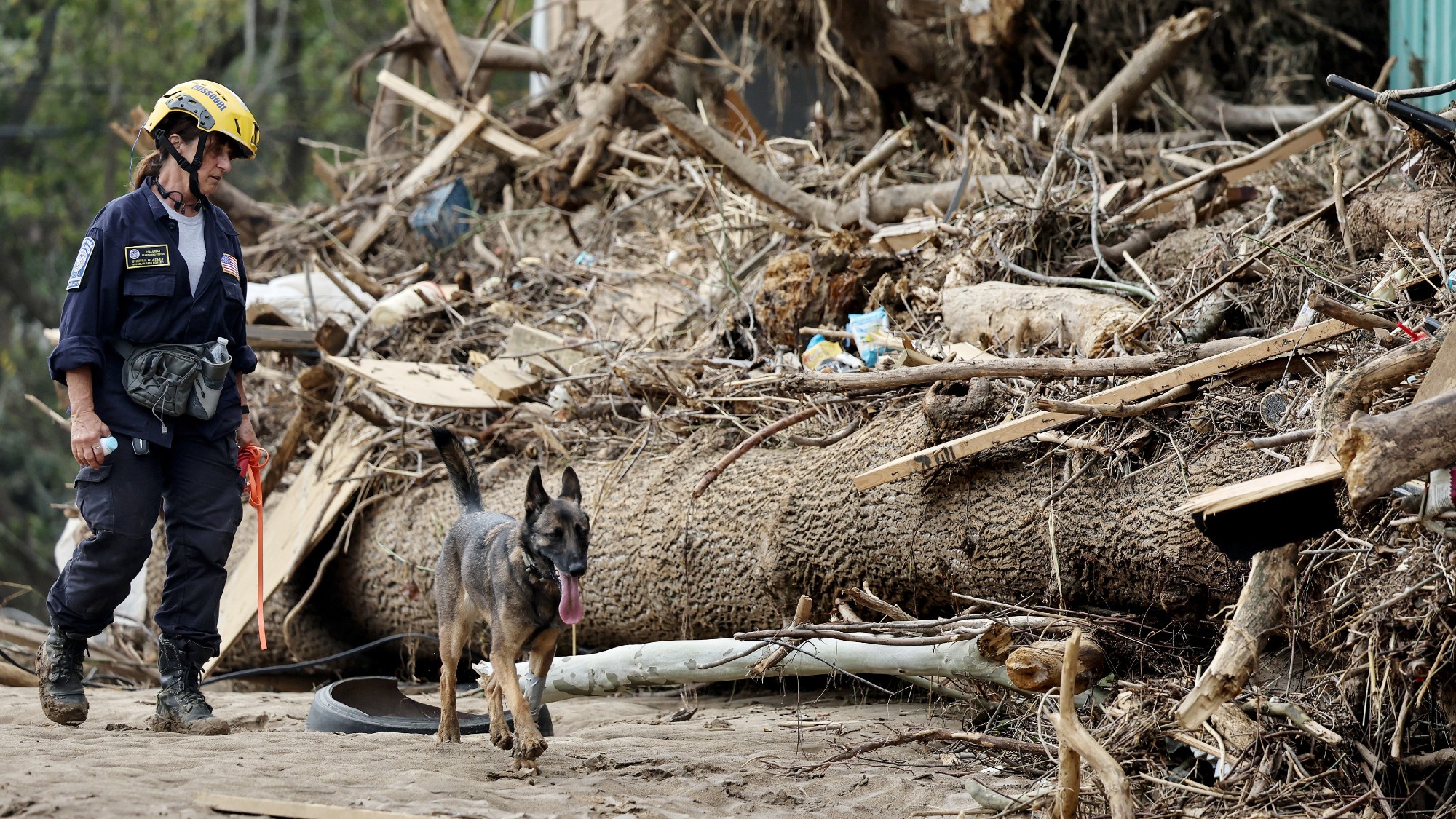 Storm warning: Will a shrunken FEMA and NOAA be able to respond?
Storm warning: Will a shrunken FEMA and NOAA be able to respond?Feature The U.S. is headed for an intense hurricane season. Will a shrunken FEMA and NOAA be able to respond?